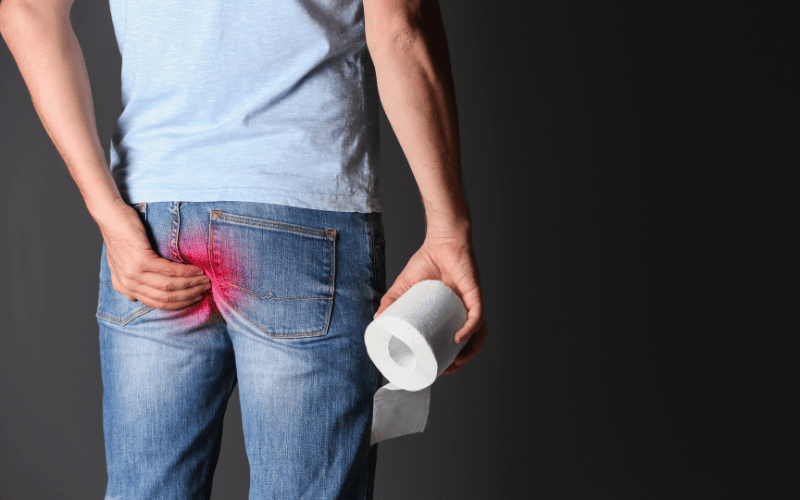Fact 13: The Recurrence Quandary

After successfully treating hemorrhoids, a looming question for many is the risk of their return. While treatments, whether surgical or non-surgical, address the immediate issue, they don’t always guarantee a hemorrhoid-free future. Factors like one’s diet, lifestyle, and even genetics can play a role in recurrence.
Certain habits can make one more susceptible to recurrent hemorrhoids. Chronic constipation, frequently lifting heavy weights, or prolonged periods of sitting can elevate the risk. It’s essential to identify and modify these lifestyle factors. Incorporating a fiber-rich diet, staying hydrated, and taking regular breaks from sitting can stave off another bout of hemorrhoids.
The type of treatment initially chosen can influence recurrence rates. Non-surgical treatments, while effective and less invasive, might offer temporary relief, with hemorrhoids reappearing over time. On the other hand, surgical options, like hemorrhoidectomy, offer a more long-term solution but come with their set of post-operative care and potential complications.
Even after treatment, staying vigilant becomes crucial. Regular self-exams, being attuned to the early signs like itching or mild discomfort, can enable timely intervention. Early detection can make subsequent treatments less invasive and more effective.
Considering hemorrhoids in the broader spectrum of one’s health becomes paramount to prevent recurrence. This could mean addressing underlying issues like liver diseases or even seeking regular guidance from healthcare professionals. Adopting a holistic approach, focusing on overall well-being, can be the key to a hemorrhoid-free life. (13)